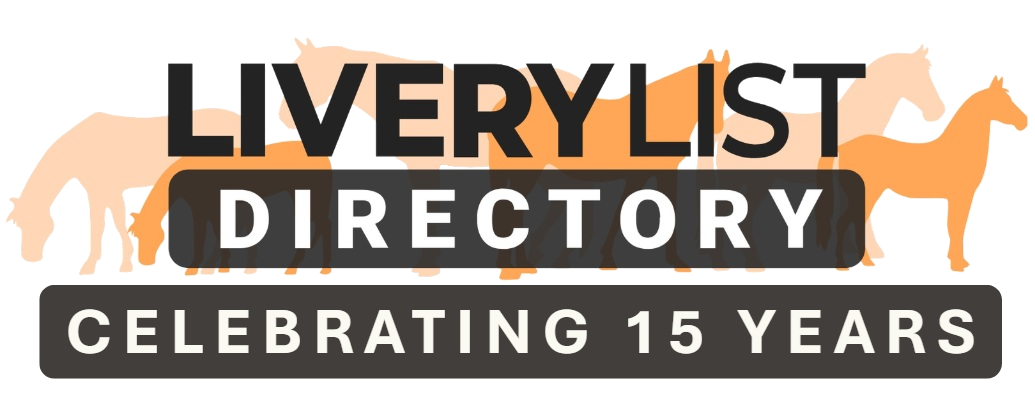You can only guarantee a fair deal when buying livestock if you know how to approach these purchases. This includes making sure the sale contract is in order before signing anything. If you want to know how to buy a horse in the UK, follow these essential tips.
Choosing the Right Bill of Sale
Too many people believe that a general bill of sale is suitable for any transfer of ownership. This isn’t the case, especially when buying or selling a horse. You’ll need a specific livestock contract that covers every key concern. This means the document has to be as specific as possible.
For example, the purchase agreement must include the name of the horse, its passport number, and its microchip number at minimum. It should also detail the horse’s condition in full. Both the seller and buyer must provide their addresses and sign the document once they’re happy with it.
The bill outlines what the buyer can expect from the horse. This includes if the owner has had a problem with this horse’s behaviour in the past, and information on any health issues. Complete transparency is important at every stage when you’re buying or selling live animals.
Are Local UK Horses Better?
While any horse can serve you well, it may help to focus on UK horses during your search. This makes it easier to vet the seller or breeder, especially if this is your first time buying. Supporting local horse breeders will also help boost the equestrian sector. However, you might only be able to get the breed you’re looking for by going beyond the border.
On a smaller scale, looking within your specific region is often more convenient. There are many great horses throughout the UK, but you can more easily visit local sellers. Inspecting the horse in person, possibly several times, could even influence your final decision. Finally, a horse that’s familiar with local weather will always be easier to work with.
Inspecting the Horse
Similar to buying a car, you should have a look at the horse and make sure they’re as the seller described. Compare the information in the purchase agreement with the horse itself. Check the horse’s demeanour as well, and how it responds when you take it for a ride.
You can even conduct a few simple health checks on the horse. For example, you could look for wolf teeth and feel for skin tumours (sarcoids) along the body. This will help you determine if the seller is charging a fair price; especially if they didn’t mention these issues beforehand.
If the seller is reluctant to let you spend time with their horse, this is sometimes a red flag. While they may simply be protective, they could also be trying to hide something. You can always back out from the sale if you feel unsure about it.
Consider Negotiating For Breeding Rights
On the subject of protective owners, you may struggle to convince the seller to give full breeding rights for their horse. In some cases, they might offer them but raise the price quite significantly in the process. Getting these rights will let you enter breeding contracts with other horse owners and possibly even sell the best offspring for a profit.
Sellers sometimes restrict breeding to protect the horse’s bloodline. This is especially common if they still own one of their parents. If they do give away breeding rights for a fair price, this might have limitations. For example, they may want to approve the horse’s breeding partners. If these rights are important to you, find a compromise that the seller is happy with.
Always Ask Questions
Even just one horse could be a big purchase for you, and you need to know exactly what you’re buying. Any reputable seller will be happy to answer your questions and tell you everything you need to know. Here are just some of the questions you should consider asking:
- What is the horse’s full background and does it have any previous owners?
- Does the horse have any dietary requirements or special feeding schedules?
- Is there anything in particular the horse doesn’t like when around people?
- Can you tell me which authorized agency issued the horse’s passport?
- How well does the horse usually perform when in a group or sports setting?
- Would you be willing to give breeding rights if you approve the partners?
- Can you provide the horse’s veterinary, vaccination, and dental records?
- Does the horse get on with other horses, or do they prefer being alone?
Conclusion
When buying horses in the UK, a curious attitude is absolutely paramount. This will help you get the answers you need in order to feel secure in your purchase. Making sure you have an airtight bill of sale is similarly essential for making sure the transaction is legally sound.
